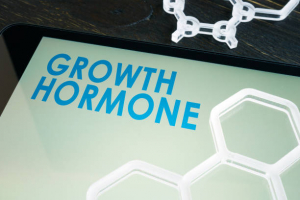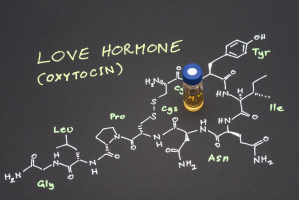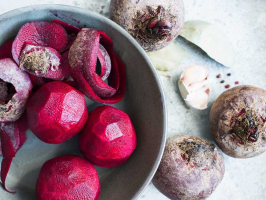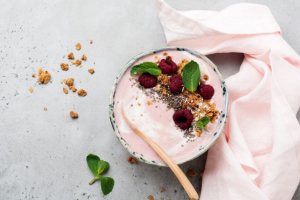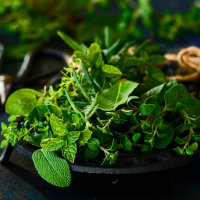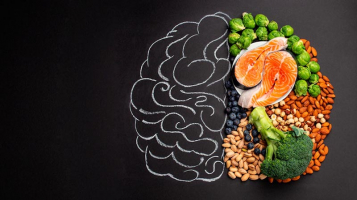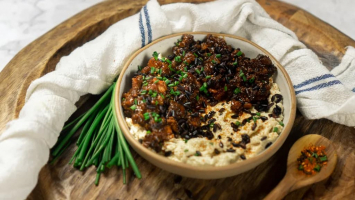Top 15 Best Ways to Boost Fertility Naturally
Up to 15% of couples experience fertility problems. Although becoming a parent might be quite difficult at times, remember that you are not alone in facing ... read more...these difficulties. Fortunately, there are some natural ways to boost your fertility. In fact, changing the diet and lifestyle might contribute to the potential of fertility. Here are some all-natural methods for increasing fertility and getting pregnant faster.
-
Antioxidants like zinc and folate may increase male and female fertility. They deactivate the body's free radicals, which can harm both sperm and egg cells. A 2012 study on young, adult men discovered that daily consumption of 75 grams of antioxidant-rich walnuts improved the quality of their sperm.
Increased folate consumption was linked to higher chances of implantation, clinical pregnancy, and live birth, according to one research including 232 women. Beneficial antioxidants including vitamins C and E, folate, beta carotene, and lutein are rich in foods like fruits, vegetables, nuts, and grains. Increased consumption of these beneficial foods will be helpful not only for your fertility but also for overall health.
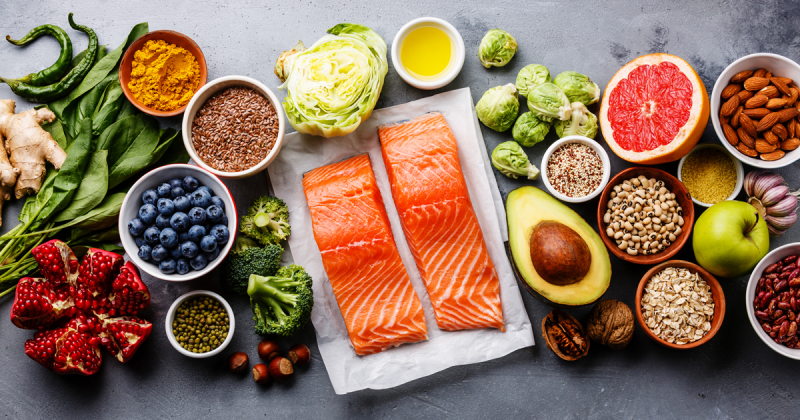
Eat foods rich in antioxidants 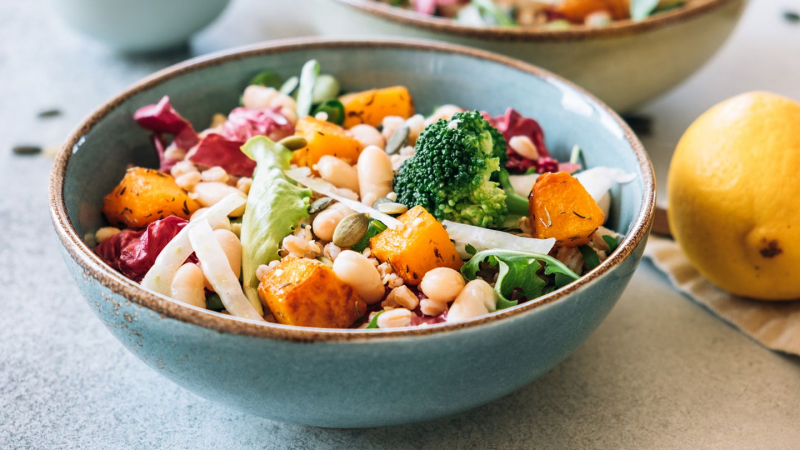
Eat foods rich in antioxidants -
Women with fertility problems may benefit from eating a substantial breakfast. A large breakfast may help the hormonal effects of polycystic ovary syndrome (PCOS), a main cause of infertility, according to one research.
According to the most recent studies, eating a good breakfast benefits women who are having trouble getting pregnant. Researchers from Tel Aviv University and the Hebrew University of Jerusalem found that eating a big breakfast boosts fertility in women who experience irregular periods. Additionally, women who ate a big breakfast ovulated more by the end of the 12-week research than women who ate a smaller breakfast and a larger dinner, indicating enhanced fertility. But it's important to keep in mind that eating more at breakfast without eating less at dinner will probably make you gain weight.
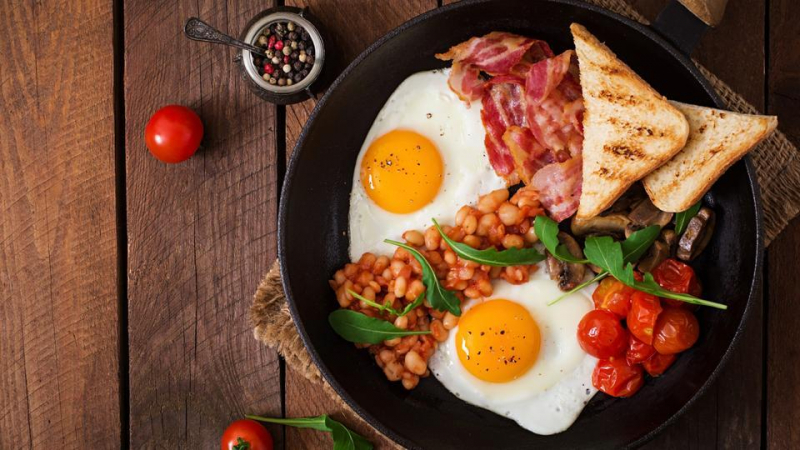
Eat a bigger breakfast 
Eat a bigger breakfast -
Women of reproductive age who desire to have children may find it particularly important to remove trans fats from their diet. Eating these unhealthy fats has been strongly linked to an increased risk for heart disease. They may also increase a woman's risk of infertility, according to recent studies.
However, because trans fats have a negative impact on insulin sensitivity, they raise the chance of ovulatory infertility. Trans fats are typically included in some margarine, fried foods, processed goods, and baked goods and are frequently found in hydrogenated vegetable oils. According to studies, a diet that is high in trans fats and lower in unsaturated fats has been associated with infertility in both men and women.

Avoid trans fats 
Avoid trans fats -
There's no doubt that low-carb diets are the latest trend for people trying to lose weight. But maybe you don't know that a low-carb diet is beneficial for fertility.
Women with polycystic ovary syndrome (PCOS) are typically advised to follow a lower carb diet, where fewer than 45% of calories come from carbs. According to experts, women who follow a low-carb diet might five times increase their chances of becoming pregnant. Numerous studies have shown that controlling carbohydrate consumption has positive effects on some aspects of PCOS. Lower carb diets may help menstrual regularity, help you maintain a healthy weight, lower insulin levels, and promote fat loss.

Cut down on carbs if you have PCOS 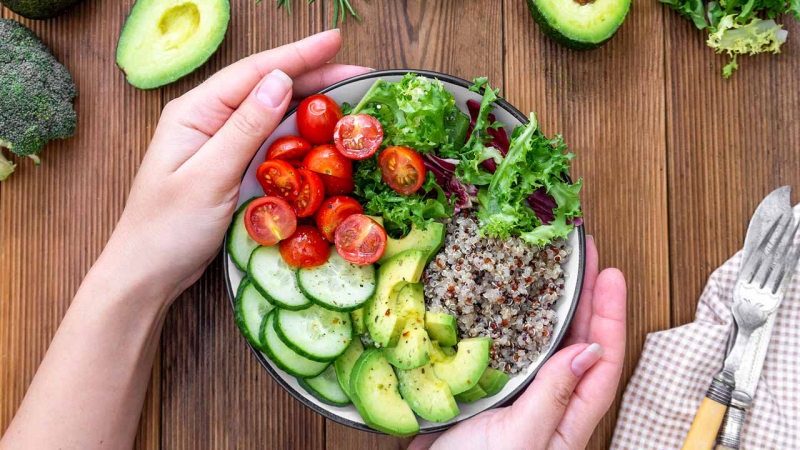
Cut down on carbs if you have PCOS -
In terms of carbs, the type is just as important as the amount. Carbs that have been refined may be particularly harmful. Sugary foods and beverages as well as processed grains, such as white pasta, bread, and rice, are examples of refined carbs.
These carbs are absorbed relatively fast, which raises insulin and blood sugar levels. Additionally, refined carbs have a high glycemic index (GI). Your GI will let you know if a food high in carbs will significantly raise your blood sugar levels. Insulin is chemically similar to ovarian hormones. The eggs develop with the aid of these hormones. The body may produce less reproductive hormones when insulin levels are consistently raised because it thinks it doesn't need to. This may contribute to a lack of egg maturation and ovulation.
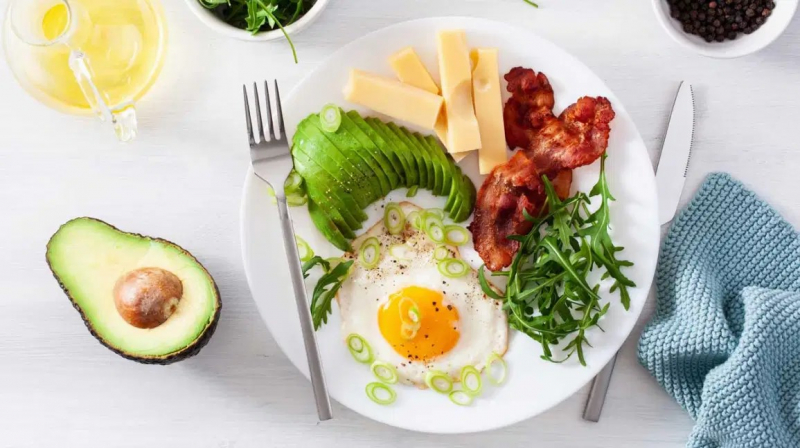
Eat fewer refined carbs 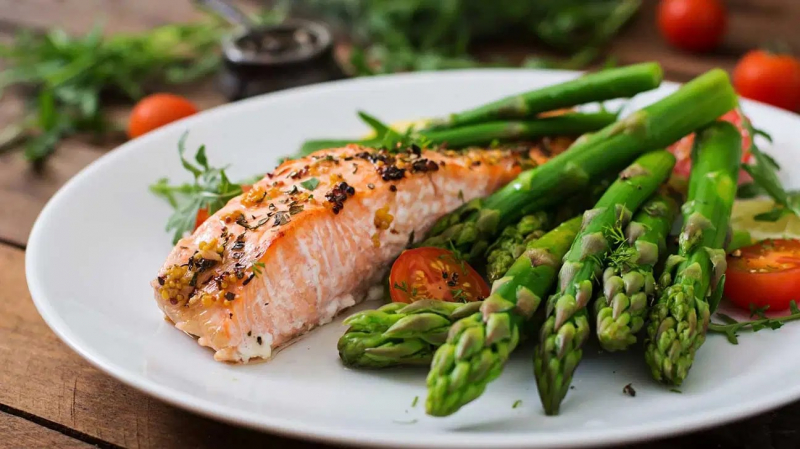
Eat fewer refined carbs -
Fiber helps your body get out of excess hormones and maintains a healthy blood sugar level. Certain types of fiber can help remove excess estrogen by binding to it in the intestines. The excess estrogen is subsequently excreted as waste by the body.
In a previous 2009 research, soluble fiber—found in foods like avocados, sweet potatoes, oats, and fruits—was linked to reduced levels of estrogen and progesterone. Soluble fiber from fruit especially had the strongest association with lower concentrations of estrogen. Foods high in fiber include whole grains, fruits, vegetables, and beans. Men should consume 31 grams of fiber daily, compared to 25 grams for women. According to one 2009 research, adding 10 grams of cereal fiber to your diet each day was linked to a 44% decreased risk of ovulatory infertility among women older than 32 years.
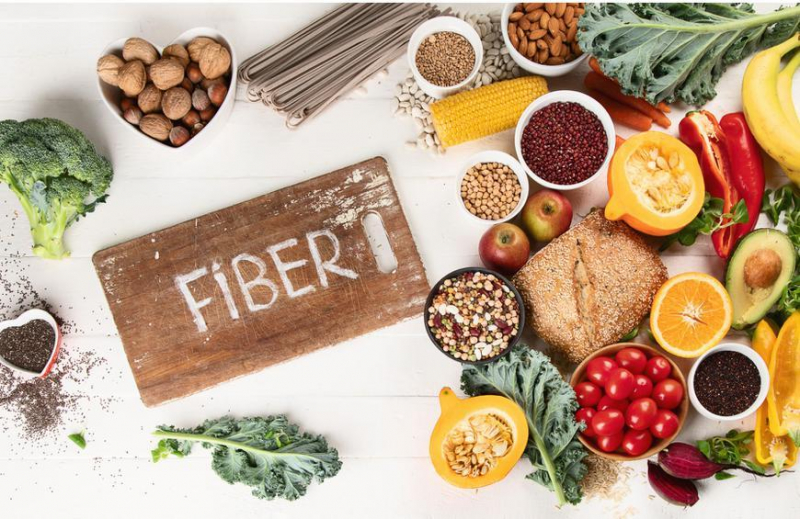
Eat more fiber 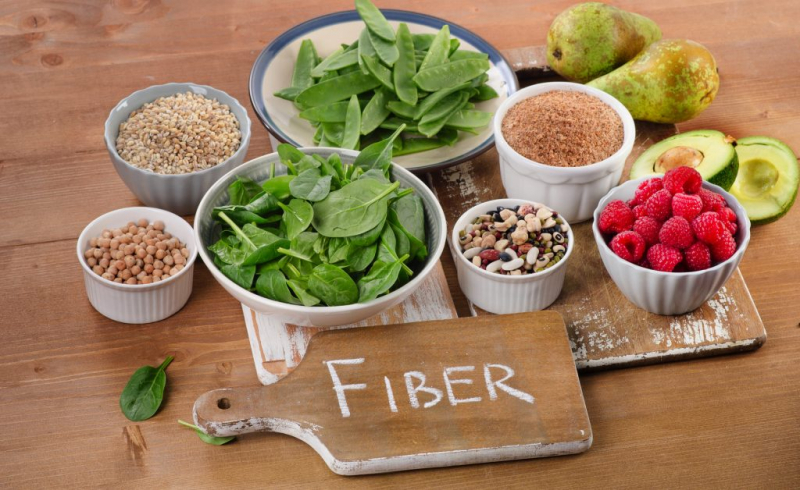
Eat more fiber -
According to studies, the replacement of some animal proteins, such as meat, fish, and eggs, for plant-based protein sources including beans, nuts, and seeds has been linked to a lower risk of infertility.
The Harvard School of Public Health study, which involved more than 18,000 women, discovered that women who ate more peas, beans, lentils, tofu, and nuts had a 39% lower risk of ovulatory infertility than those who ate more chicken and red meat. Eating a healthy plant-based diet may help you get the probability of getting pregnant after fertility treatment. Those who adhered to a Mediterranean-style diet had a 40% higher probability of getting pregnant than those who followed a "health-conscious, low-processed" diet with minimal quantities of meat, mayonnaise, and snacks, according to a different research of 161 couples receiving treatment in the Netherlands.
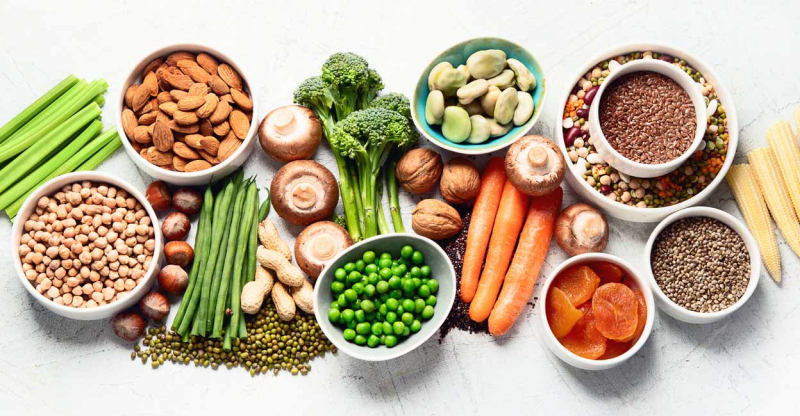
Swap protein sources 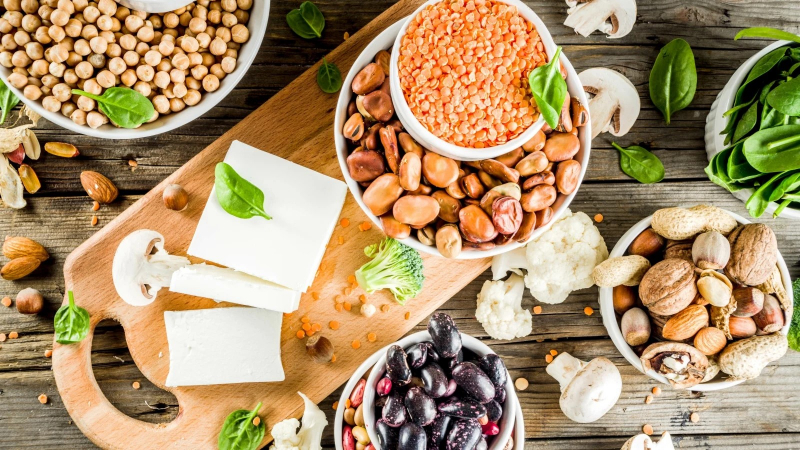
Swap protein sources -
High intakes of dairy foods with low fat may raise your risk of infertility, but high-fat dairy foods may decrease it. In the “fertility diet” study, consuming one to two servings of full-fat dairy products per day was associated with an increase in fertility, but low-fat dairy products showed the opposite trend.
A large 2007 research examined the impact of consuming high-fat dairy products more often than once a day or less than once per week. It was shown that women who ate one or more servings of high-fat dairy products daily had a 27% lower risk of infertility. Try switching one low-fat dairy serving each day for one high-fat dairy serving to get these potential benefits, such as a glass of whole milk or full-fat yogurt,...
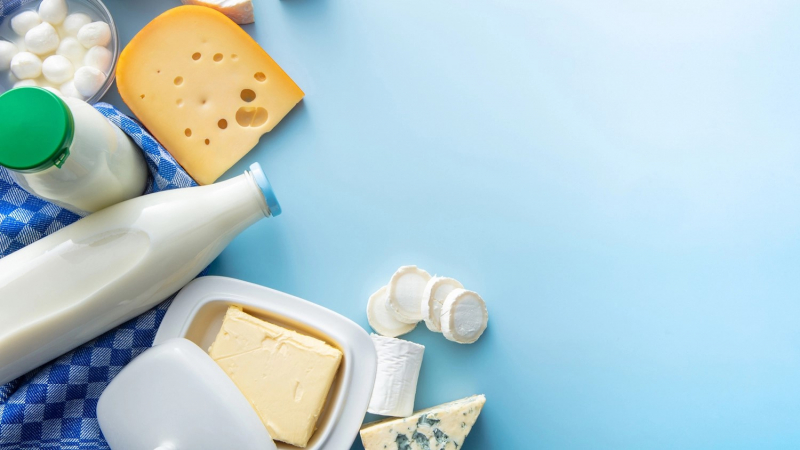
Choose high fat dairy 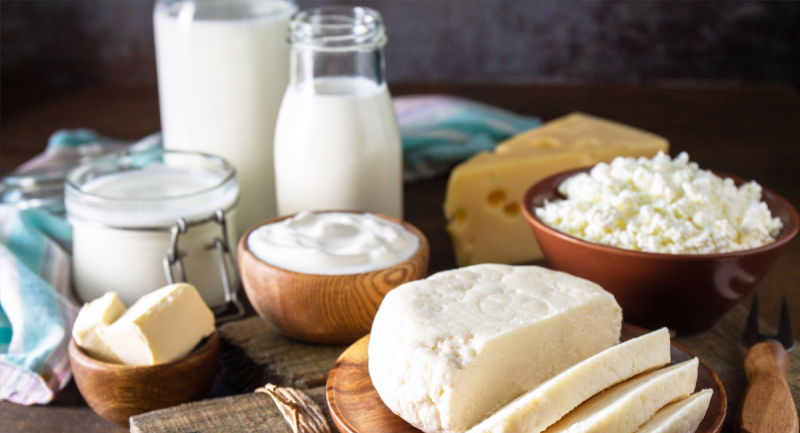
Choose high fat dairy -
Multivitamins can be a good way to ensure you are getting a lot of the vitamins you need to help increase fertility. Furthermore, may be less likely to experience ovulatory infertility if you take multivitamins. In fact, women who take three or more multivitamins every week can reduce their risk of ovulatory infertility by an estimated 20%.
Micronutrients in vitamins are crucial to fertility. In fact, many micronutrients you get through food or supplements have been shown to play a key role in fertility. Some study indicates that women who experience difficulties getting pregnant may be deficient in specific nutrients, such as vitamins D, B6 and B12. Or a multivitamin with folate may be particularly helpful for women who are attempting to get pregnant. Consult your doctor about any vitamins or other supplements that can help you get closer to pregnancy.
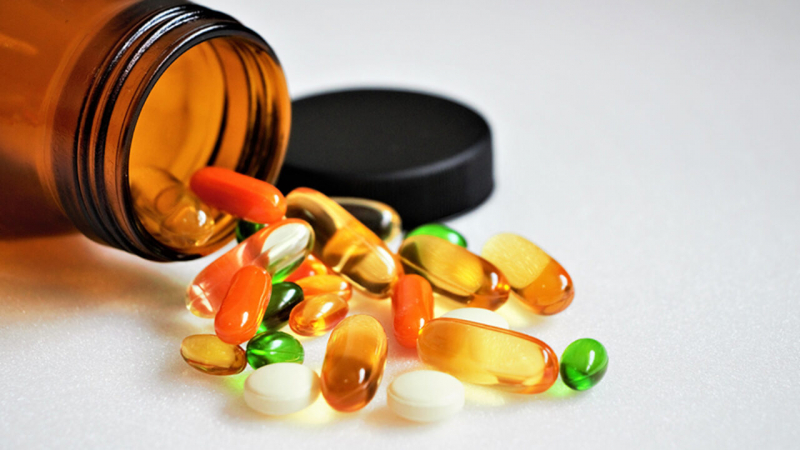
Add in a multivitamin 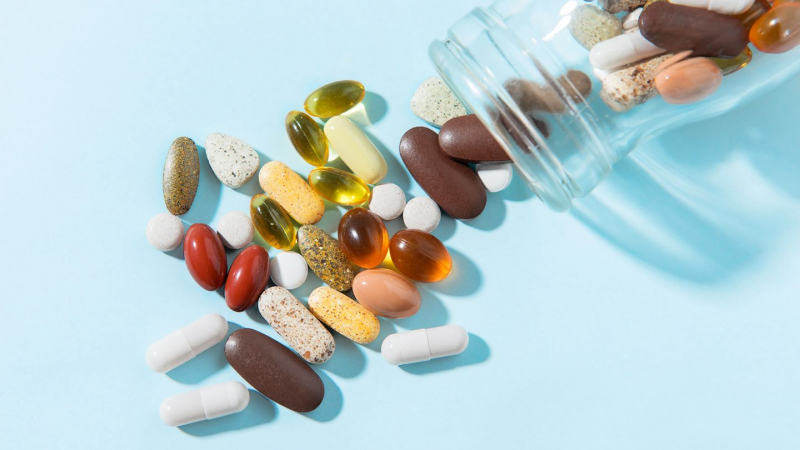
Add in a multivitamin -
Being active and spending less time sitting down (known as being sedentary) can help with getting pregnant, pregnancy and mental wellbeing. Increased fertility is one of the numerous health advantages of exercise.
Increasing moderate physical activity is beneficial for both women's and men's fertility, especially for those who are obese. Regular, moderate exercisers get pregnant more quickly than non-exercisers do. The key is moderation. In certain women, excessive high-intensity exercise has been linked to decreased fertility. Excessive exercise can harm your reproductive system and change the body's energy balance.

Get active 
Get active -
It’s very common for stress and anxiety to build when you’re not falling pregnant as quickly as you’d expected. Your chances of becoming pregnant decrease as your stress levels rise. This is probably a result of the hormonal changes that stress causes.
There is evidence that stress can reduce fertility despite the conflicting results of research on the subject. Some studies indicated that stress impacts the hormones needed for sperm production and ovulation. Getting support and counseling may lower your feelings of anxiety and depression and raise your chances of becoming pregnant. And don't forget to take time for yourself.

Reduce stress 
Reduce stress -
When it comes to men's and women's fertility, a healthy weight is one of the most important factors. In fact, being overweight or underweight is linked to a higher risk of infertility.
This is due to the fact that your body's amount of stored fat affects menstrual function. Obesity especially is linked to irregular menstrual cycles, insufficient ovulation, and decreased egg development. Consult your physician to attempt to gain weight if you're underweight or reduce weight if you're overweight in order to increase your chances of becoming pregnant. They can help you in doing it in a safe and long-lasting way.
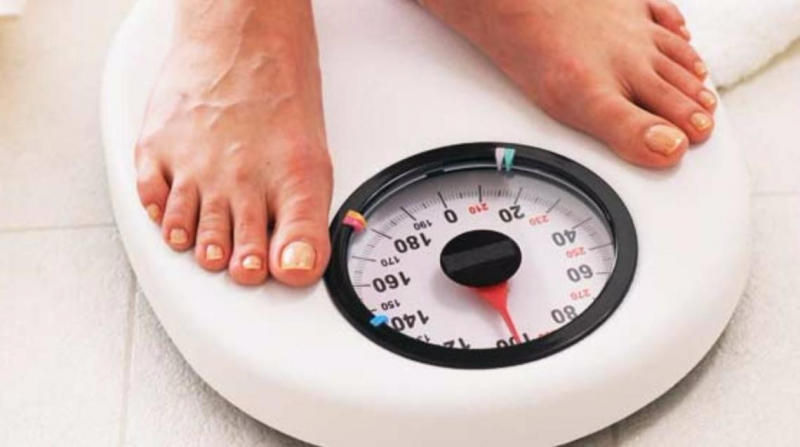
Aim for a healthy weight 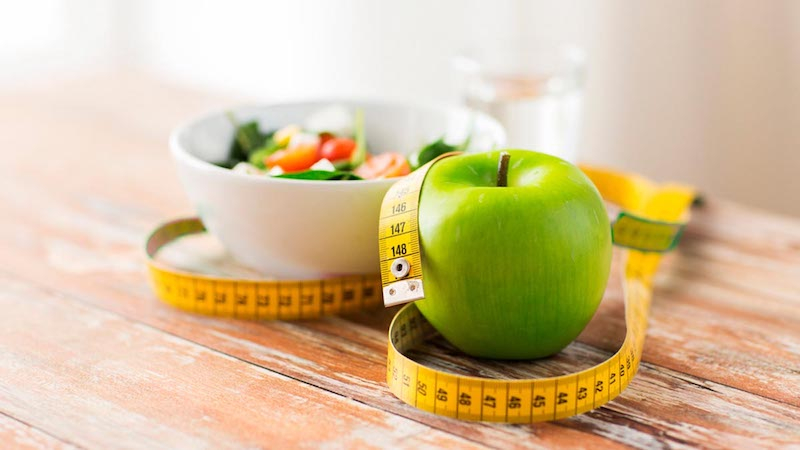
Aim for a healthy weight -
Studies have found that consuming non-heme iron from plant-based foods and iron supplements may lessen the risk of ovulatory infertility.
A 2019 study found that non-heme iron only had some benefits for women who already had iron deficiency and that heme iron (from animal sources) had no effect on fertility. To determine if iron supplements should be suggested to all women, particularly if their iron levels are already healthy, more research is required. However, it is a good decision to check with your doctor that your iron levels are normal. If you want to boost your body's ability to absorb non-heme iron sources, try consuming them alongside foods or drinks that are high in vitamin C.
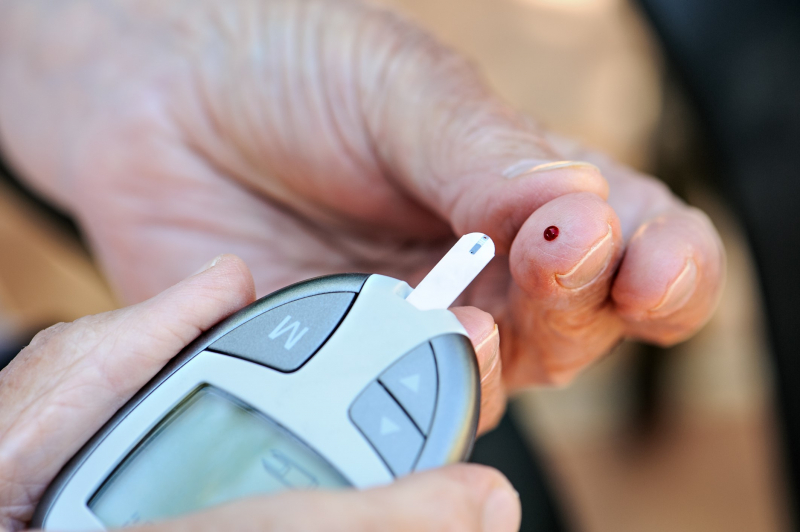
Check iron levels 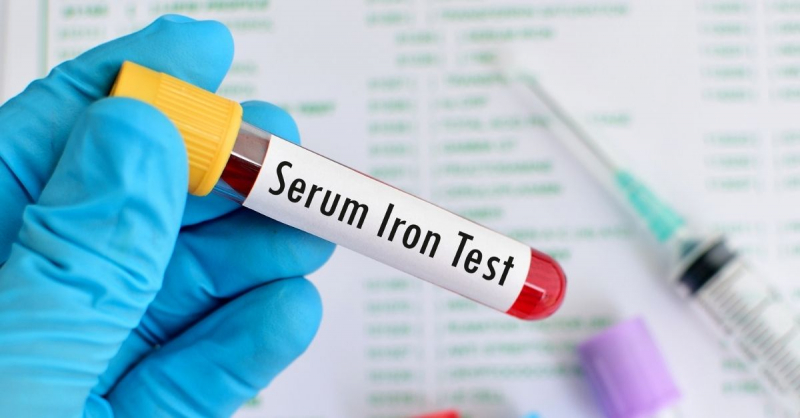
Check iron levels -
Drinking alcohol can have a negative impact on fertility. But it's unknown how much alcohol is required to have this impact. In a 2016 study, it was shown that drinking more than 14 alcoholic drinks per week was linked to a longer.
A 2004 study including 7,393 women discovered that drinking excessively was linked to increased infertility. However, there is conflicting information about moderate alcohol consumption. While some studies claim that moderate intake can affect fertility, an older study showed no connection between moderate consumption and infertility. In the end, it is advised to avoid consuming alcohol excessively. For the best results for you, discuss your intake with your doctor.

Avoid excess alcohol 
Avoid excess alcohol -
Just like eating a good diet may help to increase your fertility level, getting enough of particular nutrients may be beneficial to you in getting pregnant. Particularly in research involving animals, some natural supplements have been related to improved fertility. Before using any natural supplements, always consult your doctor because the efficacy in humans has not been thoroughly investigated.
Examples include:
- Maca: A plant growing in central Peru. It increased fertility in some animal research, but outcomes in human trials are conflicting. Some claim that the quality of their sperm has improved, while others report no change.
- Bee pollen: Bee pollen has been linked to good nutrition, fertility, and immunity. One animal investigation discovered a connection between bee pollen consumption and improved male fertility and sperm quality. But human studies are still required.
- Bee propolis: A study of endometriosis patients found that taking bee propolis twice daily increased the probability of becoming pregnant by 40% after nine months. but more research is required.
- ...
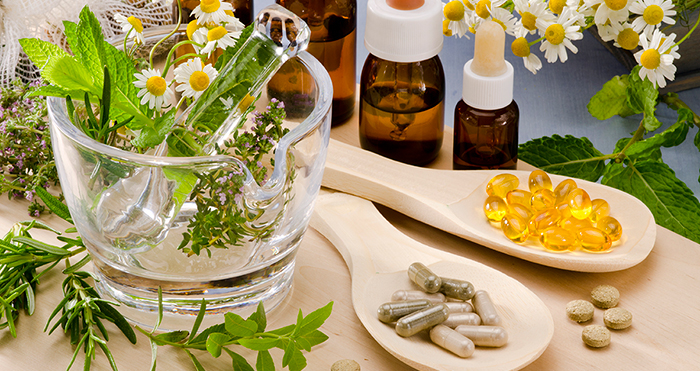
Natural supplements 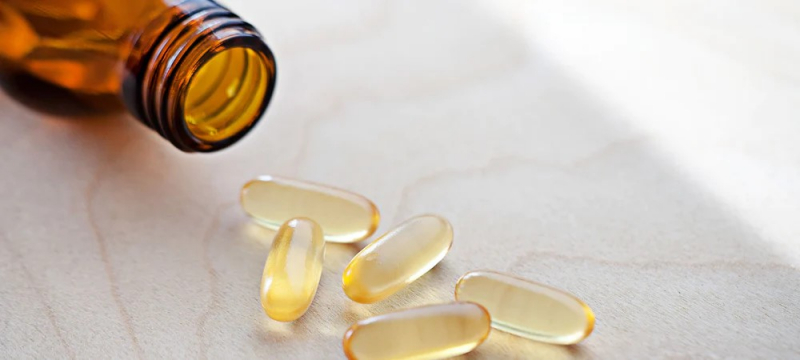
Natural supplements

















